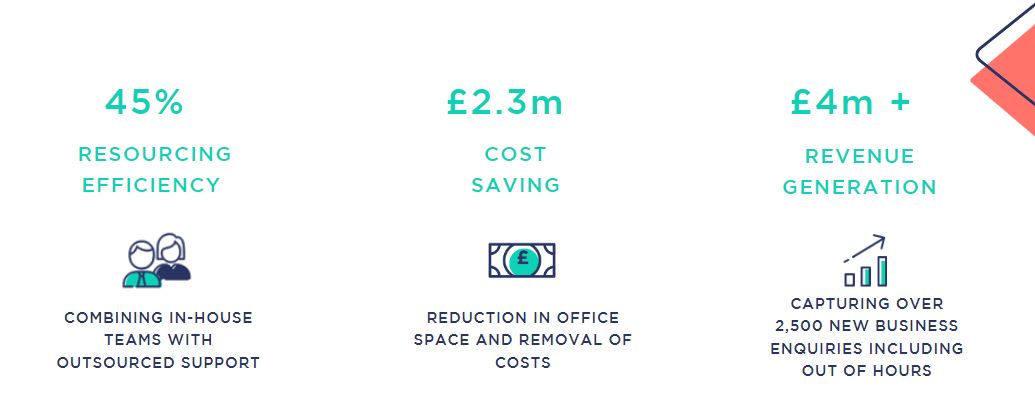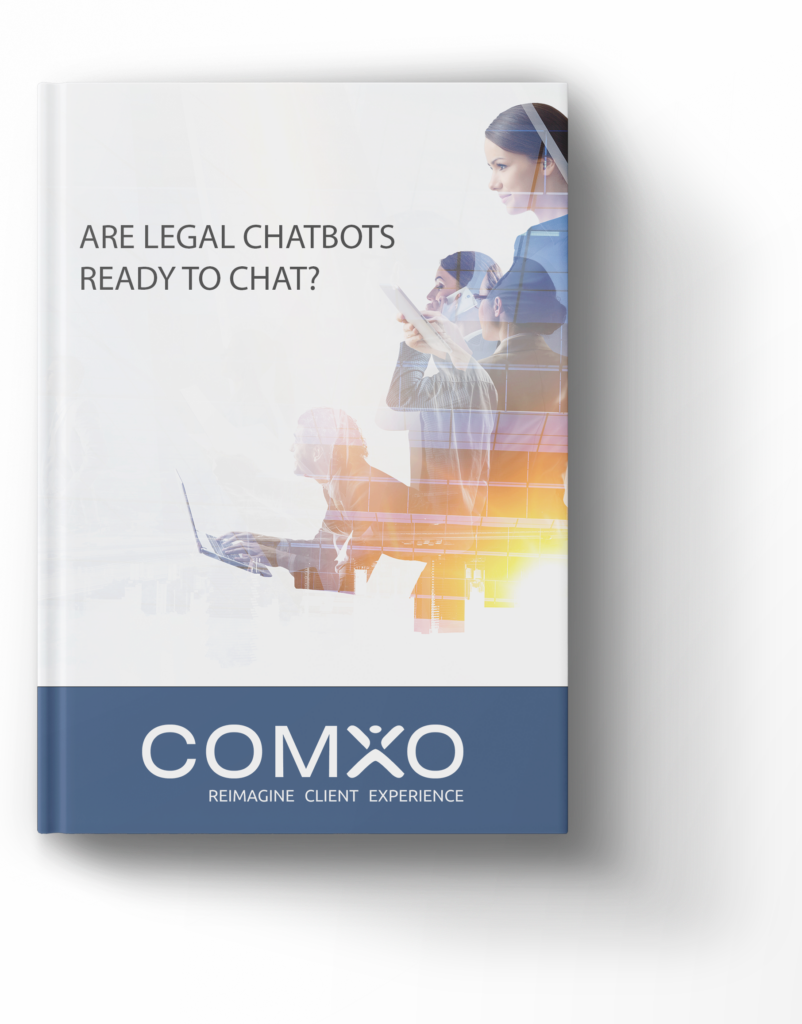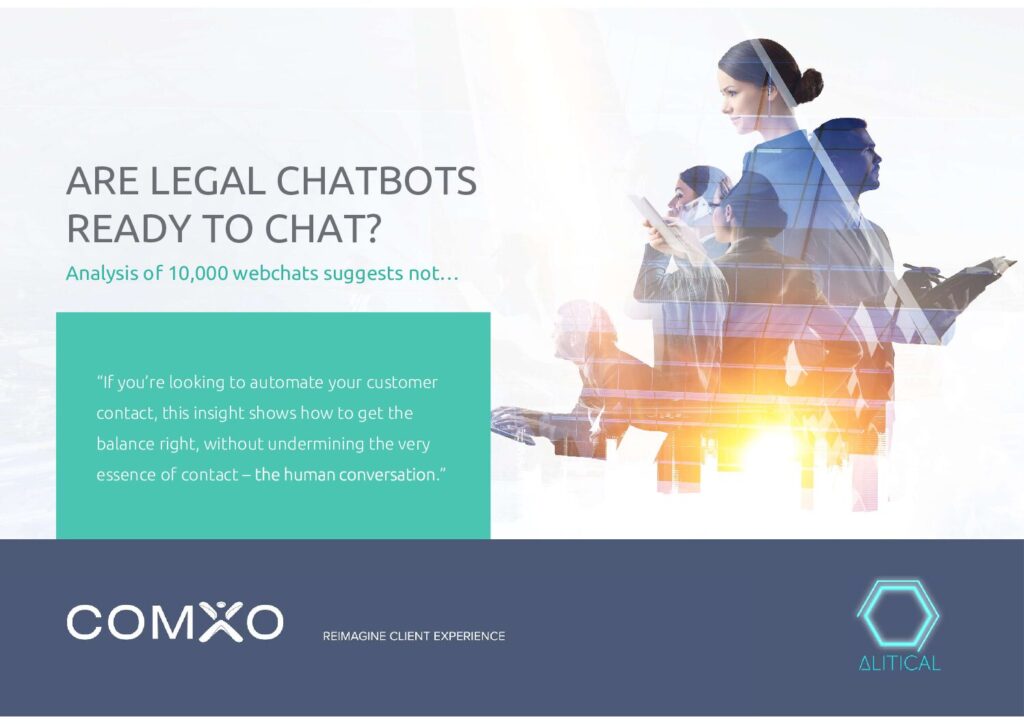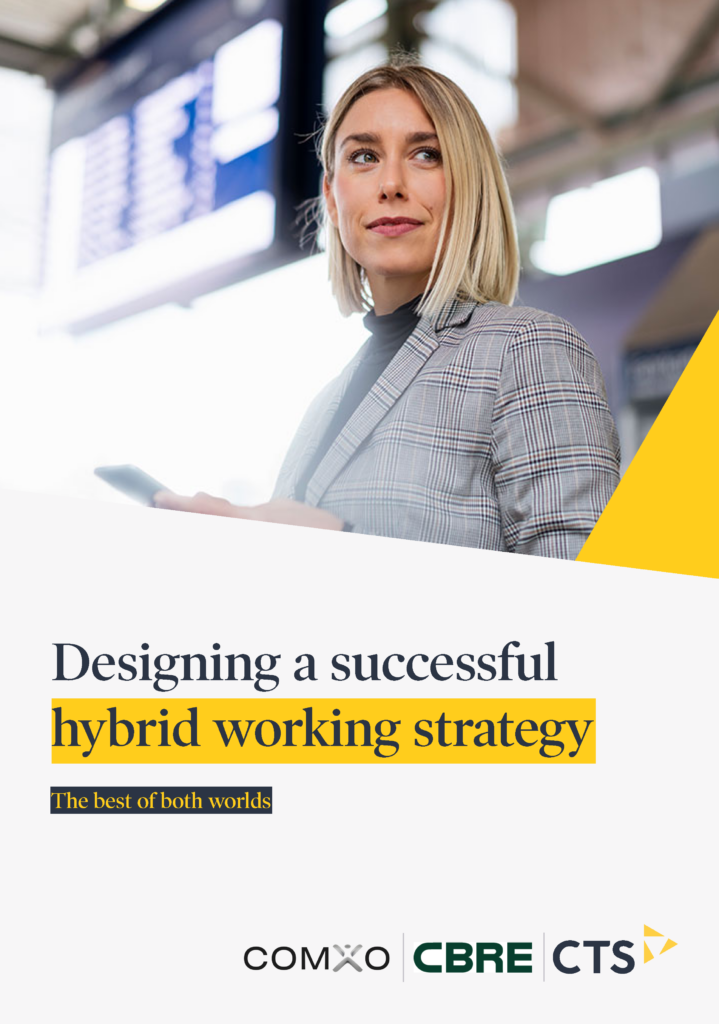Unlocking New Potential for Growth
Global organisations, particularly in the legal and professional services sector are no strangers to innovation, yet many organisations continue to grapple with evolving workplace needs. The global workforce is increasingly decentralised, working remotely and across varied hours, making seamless business operations more complex than ever. As firms adapt to this shifting landscape, virtual business services are rapidly gaining traction, offering agile and effective solutions to support a more flexible workforce, whilst also maximising cost efficiencies.
Outsourcing in Business Services: The Evolution So Far
Not too long ago, outsourcing tasks like switchboard operations or meeting room bookings was met with scepticism. Could an external partner truly manage these critical touchpoints without compromising quality? Fast forward to today and outsourcing these once in-house services is now the norm, delivering not just operational and cost efficiencies, but enhanced client experiences.
In fact the results from one of our clients have shown benefits on multiple levels across a 4 year partnership:

So, what’s next? The same mindset shift that occurred around switchboards is now happening with floor hosts, facilities management, and broader office support functions. What seemed unimaginable only a few years ago—outsourcing traditionally hands-on, client-facing roles like floor hosts—is fast becoming a reality. Forward-thinking organisations that embrace this trend are not only getting ahead of the curve but are also positioning themselves for future growth in an increasingly complex and hybrid work environment.
Increasingly Complex Workplaces: New Challenges, New Solutions
Today's workplaces look very different from a decade ago. Remote and hybrid work models have created new logistical challenges: employees work across different time zones, at varied hours, and often away from traditional office spaces. Navigating this complexity requires smart solutions that provide the same level of support—if not better—than the traditional in-person setup.
In the past, on-site teams such as IT support would be available to support employees, or floor hosts would be readily available to welcome and assist clients in person. Today, access to these roles need to evolve. Firms are beginning to realize the value in offering virtual solutions as a managed service that provide real-time assistance—whether it's answering questions, navigating office logistics, or ensuring clients have everything they need during their visit.
A virtual support solution also means that organisations can offer assistance 24/7, accommodating the global nature of today's workforce. Whether a team member is working late in London, or a client in New York requires help, virtual services ensure seamless, round-the-clock support without geographic limitations.
The Future: Virtual Managed Services
The future of virtual business services lies in merging traditional on-site roles with cutting-edge technology to create integrated, comprehensive solutions. One such innovation is connecting a managed service approach that can combine workplace helplines with virtual floor host services.
Imagine a quiet Friday morning, where an overseas employee walks into one of your buildings, early for a meeting. There may be no physical floor host to greet them, but with a virtual service in place, they can still receive real-time support, directing them to their meeting space. Once there, access to virtual support will help them connect with their AV set up, ready for a productive session. A virtual floor host can manage everything from greeting visitors to assisting with room bookings or AV setup—ensuring the level of service remains high, regardless of the time or location.
In the meantime, virtual systems are a strategic route to empowering and enabling front of house staff to move away from their desks and engage in more high value face-to-face interactions, fostering collaboration while ensuring business operations continue smoothly in the background. This is particularly important for legal and professional services firms, where the value of client engagement and white glove service cannot be underestimated.
By integrating managed services that combine workplace helplines with virtual floor hosts, businesses can create a streamlined, responsive support system that operates around the clock, delivering a consistent and reliable experience for both employees and clients.
Case Study: A Forward-Thinking Approach to Virtual Support
One client leading the charge in this transformation is a prominent legal firm with offices in The City and Europe. This organisation faced the challenge of maintaining high levels of support for both employees working in hybrid ways, and clients as they moved around and between office spaces during visits.
Their solution? A hybrid model that utilises a team of on-site floor hosts, strategically placed to provide high touch point, real-time assistance at any point during a visit. On site hosts are complimented with a highly personalised, tech-enabled virtual managed service, available around the clock to manage a variety of tasks, from offering directions and handling last-minute room bookings, to connecting employees with late night IT support. Clients experience a seamless journey from the moment they step through the door, and employees feel supported regardless of the time of day.
By adopting this future thinking mindset, they have been able to provide consistent, high-quality service while also reducing the need for on-site staff to be tied to their desks. Instead, the firm's employees are now free to focus on higher-value tasks, leading to better outcomes for both the business and its clients.
Why Now is the Time to Get Ahead
We have moved beyond the reactive, sticking plaster approach that allowed organisations to make it through the changes post-pandemic, with 62% of CEOs citing growth as their strategic priority for 2025.
As the workplace continues to evolve, the businesses that embrace virtual solutions early will be the ones to thrive and achieve that growth. What once seemed unthinkable—outsourcing critical, client-facing roles—is now an opportunity for firms to modernise their operations, improve efficiency, and elevate client experiences.
For facilities managers, managing partners, and workplace transformation leads in legal, financial, and professional services firms, now is the time to explore how virtual business services can drive future growth. The shift towards a global, remote workforce is not going away, and those who adapt will be well-positioned to lead in the years to come.
By integrating virtual floor hosts, workplace helplines, and other advanced managed service functions, firms can unlock new potential, offering more flexible and responsive services to both employees and clients alike. For forward-thinking firms, the question is not if but when they will adopt these new technologies and approaches to stay competitive in an increasingly global and complex work environment
The future of virtual business services is here, and it’s time to get ahead of the curve.
If you’re ready to hear more about our work in this space with clients, using our ‘Centralise, Optimise and Virtualise’ approach, get in touch at wearehere@comxo.com.













